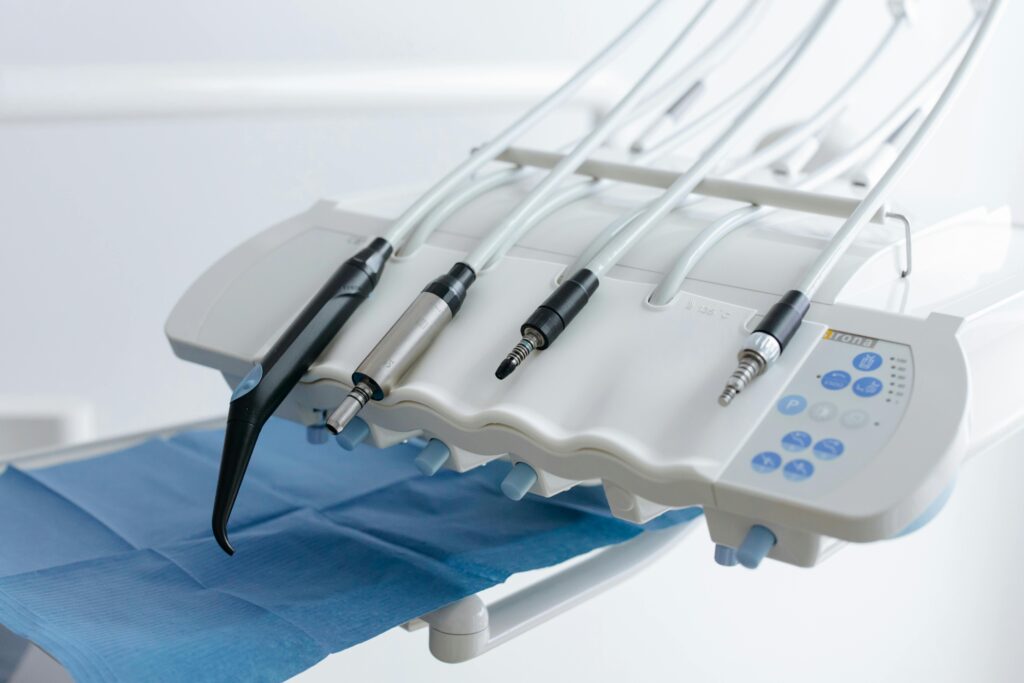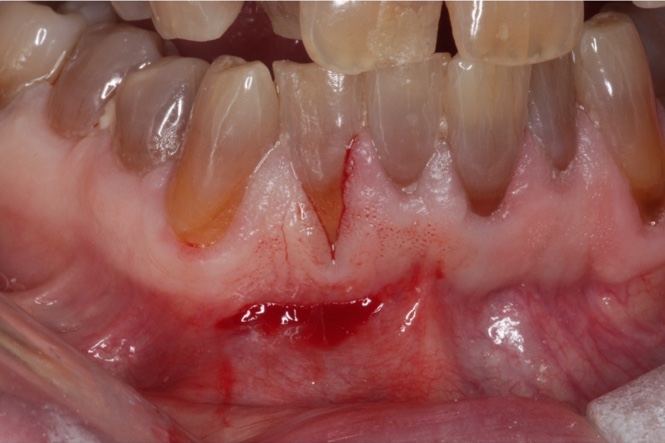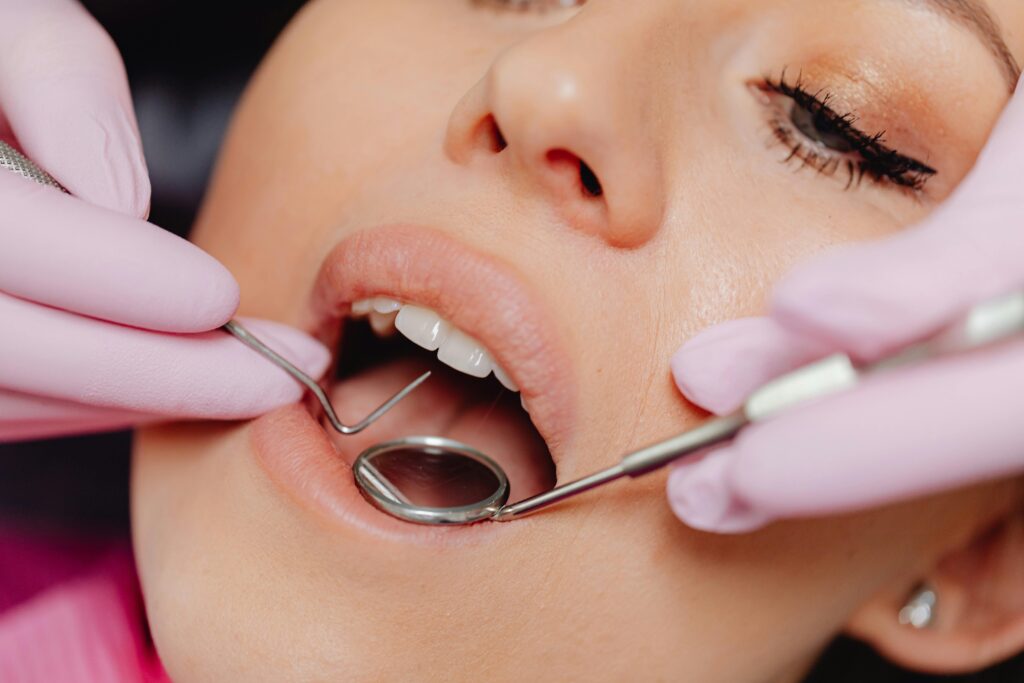The simple answer to this question, in most cases, is Yes: Belmont patients may undergo oral surgery and even get dental implants when taking blood-thinning medication such as warfarin or aspirin. Nonetheless, special precautions must be taken, and both your physician and oral surgeon must work together to devise the safest approach for you. Each case is unique, as individual dosage and medical conditions vary from patient to patient, and each must be assessed on an individual basis.
Preparing for oral surgery
Because medications such as warfarin or aspirin, as well as some NSAIDs affect your body’s ability to naturally form blood clots, your oral surgeon must work closely with your medical doctor to determine your level of risk and monitor your warfarin or aspirin dosage appropriately. With proper medical supervision, as well as precision and expertise on the part of the oral surgeon, Belmont patients can safely undergo oral surgery and heal properly while taking these medications. The most important factor to a successful outcome is clear communication between your medical practitioners in order to ensure your maximum safety.
In some cases, depending on the condition that you are taking the medication for, it may be safe to suspend your use of warfarin or aspirin for a day or two while preparing to undergo the procedure. In cases where it is deemed unsafe to completely stop taking the blood-thinning medication, your physician and oral surgeon may agree to use a modified lower dose of the medication.
Special precautions
Our team of specialized dentists and oral surgeons at Dental Restorative Group in Belmont and Cambridge are highly experienced and take special precautions to help ensure proper blood clotting and a safe and comfortable recovery following your surgery. We will take special precautions, such as treating the surgical site with special hemostatic agents to stabilize the formation of blood clots, then suturing the gum tissue to reduce the surface area of the wound. This also applies tension to the edges of the wound to control bleeding in small blood vessels.
Another common practice that protects against excessive bleeding is placing a bone graft into an extraction wound. This not only reduces bleeding, but it also prevents shrinkage and recession of bone tissue, which is critical to maintaining the integrity of your dental structure and bite. This fortification of bone tissue is especially important if you are considering dental implants following your surgical procedure.
Recovery After Oral Surgery
We recommend that you rest and avoid any strenuous physical activity for a few days after surgery. You may take oral medication to alleviate any pain, discomfort, or anxiety, as well as to help you to relax and rest. Anti-inflammatory medication may also be indicated, and you may resume your normal dosage of warfarin or aspirin almost immediately following your surgery, per your doctor’s judgment and direction.
If you are a resident of the Belmont or Cambridge area of Massachusetts and have concerns about undergoing oral surgery while taking blood-thinning medication, speak to your doctor and schedule a consultation with one of our specialized oral surgeons at Dental Restorative Group. To make an appointment, contact our Belmont office today at (617) 489-1470.





